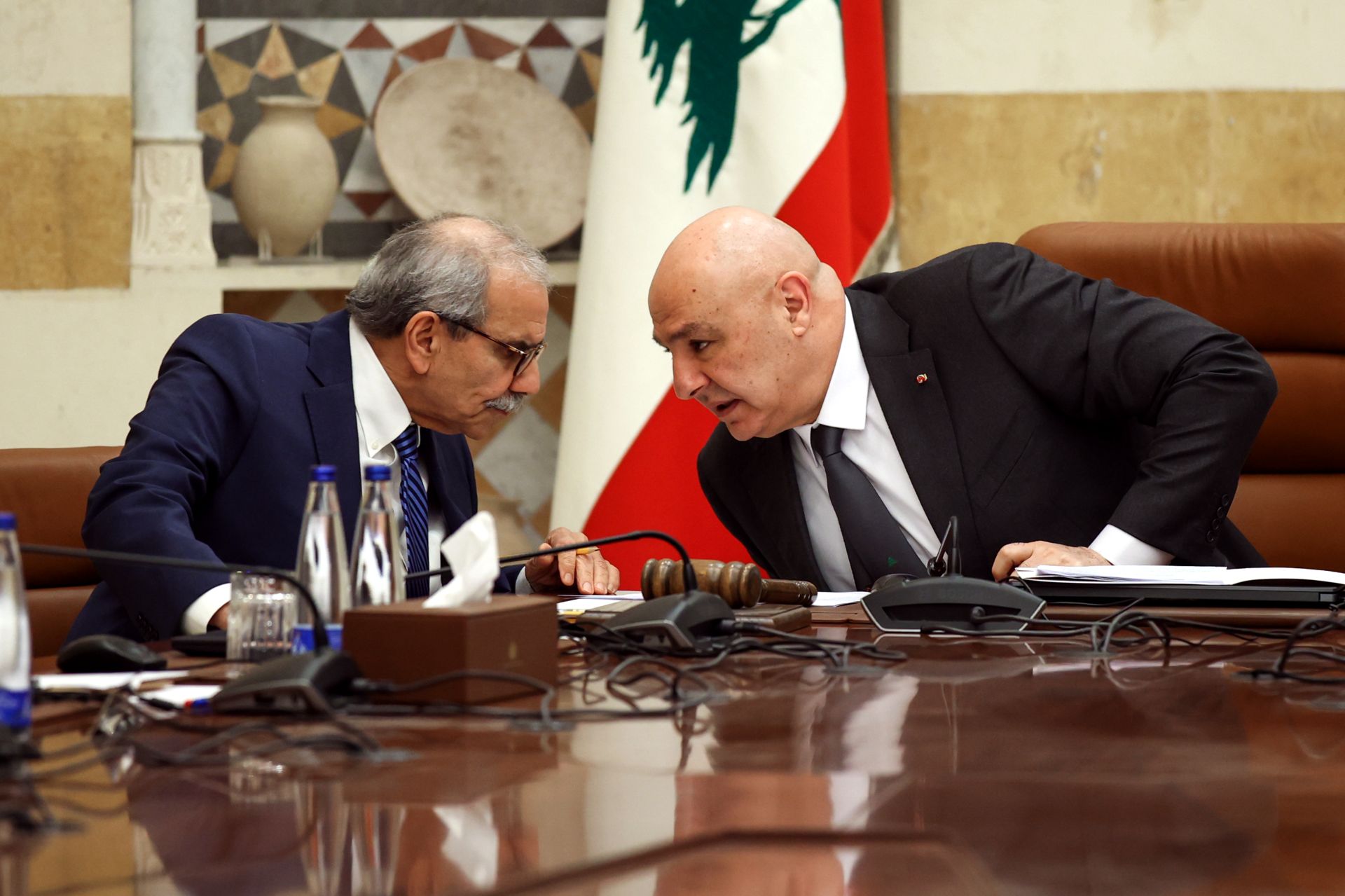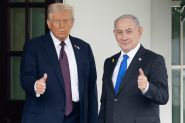
For the first time in many years, the concept of "army-people-resistance" is absent from the ministerial statement. However, the text, which was approved on Monday evening, retains a flexible reference to Lebanon’s “right to defend itself against aggression.”
The government, approved on Monday evening the ministerial statement upon which it must seek the Parliament's confidence. However, some amendments were introduced to the text drafted by a ministerial committee chaired by designated Prime Minister Nawaf Salam.
The amendments strengthen the principle of state primacy, which President Aoun emphasized in his inaugural speech. The well-known "people-army-resistance" triad is no longer referenced. Instead, there is a focus on the state's right to decide matters of war and peace—a power that Hezbollah had previously assumed—and to hold a monopoly on weapons.
However, the paragraph concerning Israel mentions “Lebanon's right”, rather than the state's, to "self-defense in case of aggression." This vague phrasing may be open to various interpretations, and was likely maintained, despite protests from ministers close to the Lebanese forces, to avoid upsetting Amal and Hezbollah.
Other changes were made, such as the introduction of neutrality regarding regional conflicts. This concept was absent in the draft. A reference to the monopoly of arms was also rephrased. The version presented to the Council of Ministers previously stated that the government “calls” for the implementation of the president's inaugural speech regarding the state's monopoly on arms and the initiation of a debate on defense policy as part of a broader national security strategy. The word "calls" was removed and replaced with a commitment from the state to pursue this process.
Among the reforms outlined by the government is a “criminal audit” of ministries and administrations, a measure not included in the initial draft of the ministerial declaration.
According to Information Minister Paul Morcos, who quoted President Aoun, “The ministerial constitution is made up of 80% of the Taif Agreement and 20% of the inaugural speech.”
The final version of the text is expected to be made public in the coming hours. Below are the key points it outlines:
Decisions on Peace and War:
- The state we envision assumes full responsibility for the country's security and the defense of its borders.
- The Lebanese government, united, commits to defending Lebanon's sovereignty, the unity of its people, and its territorial integrity, in accordance with the March 23, 1949 armistice agreement, as well as the special arrangements that ended hostilities (between Israel and Hezbollah) and were upheld by the previous government on November 27, 2024.
- The government pledges to take necessary measures to liberate all Lebanese territory from Israeli occupation, extend state sovereignty through its own forces, and deploy the army along internationally recognized borders.
- It affirms Lebanon's right to self-defense in case of aggression, in line with the UN Charter.
- It will implement the content of the president's inaugural speech regarding the state's right to a monopoly on weapons and will initiate discussions on a defense policy, integrated into a national security strategy across diplomatic, economic, and military levels.
- The state must have the authority to decide on war and peace. Its army should adopt a defensive combat doctrine to protect its people.
- The government commits to strengthening the legitimate armed forces.
- Lebanon must not serve as a platform for attacks on brotherly and friendly countries. It will adopt a policy of neutrality regarding regional conflicts.
- The government is committed to safeguarding the liberties of Lebanese citizens, their security, and fundamental rights, prioritizing a dignified life.
Reconstruction:
- The government will accelerate the reconstruction of areas devastated by the Israel-Hezbollah war, funding the efforts through a transparent fund.
Reforms and Governance:
- The government is committed to comprehensive state reform, enacting laws and regulations to enhance effectiveness and transparency, ensuring no discrimination between communities. No position will be reserved for any specific confession.
- The country needs an efficient public sector, with merit-based appointments, especially for boards of directors and regulatory bodies in sectors like electricity and telecommunications.
Justice and Human Rights:
- The government affirms its commitment to strengthening judicial independence and ensuring equality before the law, fighting corruption, and protecting citizens' rights.
- Efforts will be made to resolve major unresolved judicial matters, including the Beirut port explosion and financial corruption cases.
Internal Security:
- The government will implement a security policy to protect citizens from crime, including drug trafficking and money laundering, equipping security forces with the necessary resources to carry out their mission.
Economic and Social Reforms:
- The government is committed to economic reform, restoring financial stability, and fostering economic growth through private investment and support for productive sectors.
- Measures will be taken to reform the electricity sector and develop sustainable, accessible energy solutions.
- Efforts will be made to stabilize public finances, streamline spending, and restore the economy through cooperation with the IMF to establish a new plan.
- The issue of bank deposits will be prioritized.
- The government also pledges to improve the healthcare system and support the most vulnerable social groups.
Foreign Policy and Sovereignty:
- Lebanon seeks to restore its role in the Arab world and on the international stage, remaining true to its policy of neutrality while ensuring sovereignty against external pressures.
- The relationship with Syria will be based on a respectful dialogue that upholds the sovereignty of both countries, particularly in protecting borders and managing Syrian refugees.
- Lebanon rejects the resettlement of Palestinian refugees and reaffirms its commitment to defending their right to return. It will assert its sovereignty over all national territory, including refugee camps.



Comments